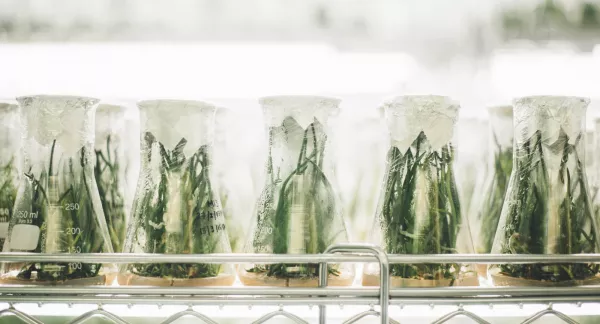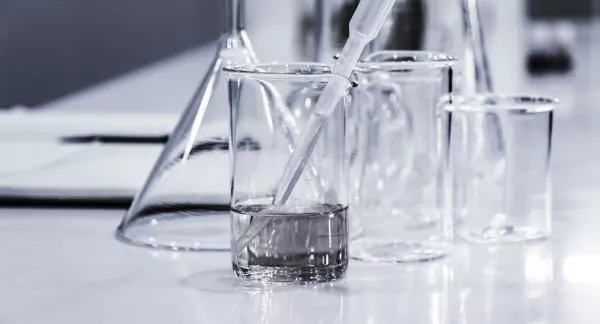Monitoring for Reliability and Process Control of Potable Reuse Applications
Abstract
This research evaluated whether real-time sensors could be used for process control of advanced treatment to ensure the safety of potable water for the community. Overall data from the pilot- and full-scale utility evaluations show that utilities in the United States and abroad have used online sensors successfully to monitor for the presence of chemical contaminants in real-time, but not microbial contaminants.
Real-time monitoring gives potable reuse systems the ability to detect failures quickly and greatly reduce the response time needed to rectify upsets in a treatment system. The research indicates that at the same time, the need for engineered storage in direct potable reuse would be reduced due to the faster response time in monitoring. While online sensors have been demonstrated as highly useful for real-time water quality monitoring, this research identified several issues and gaps in sensor technology that should be addressed.
Originally funded as WERF project Reuse-11-01.

